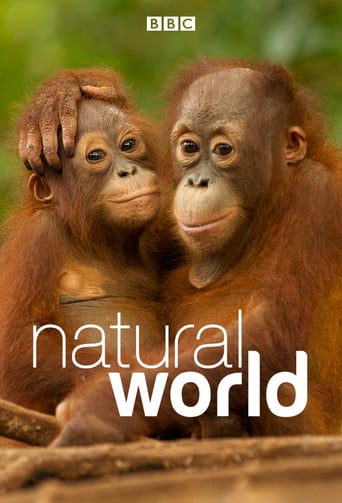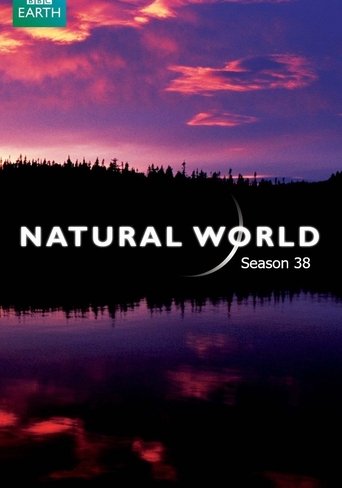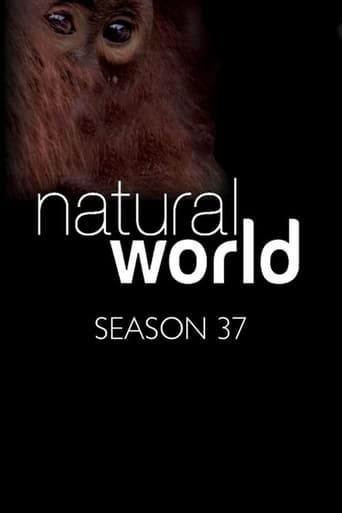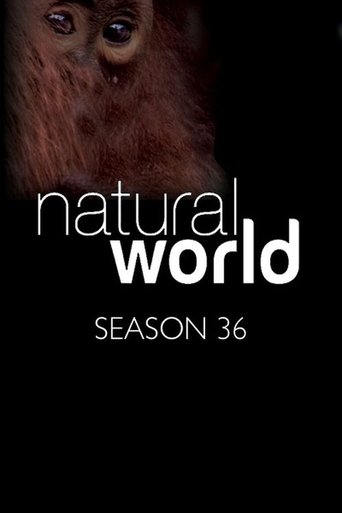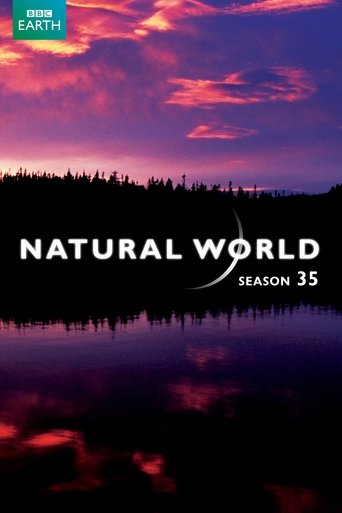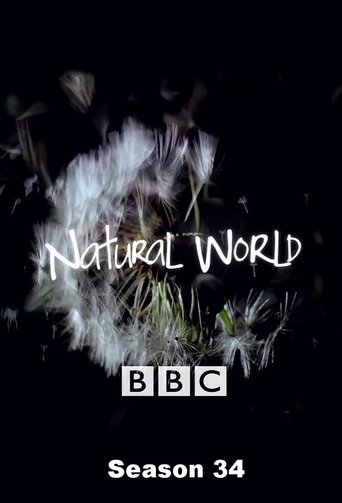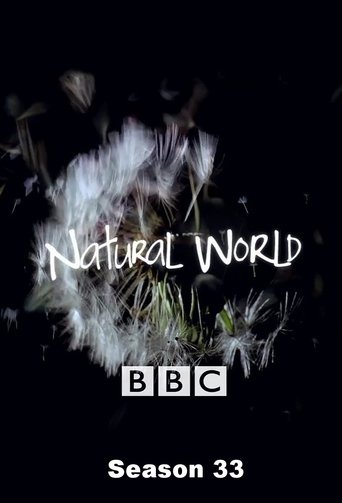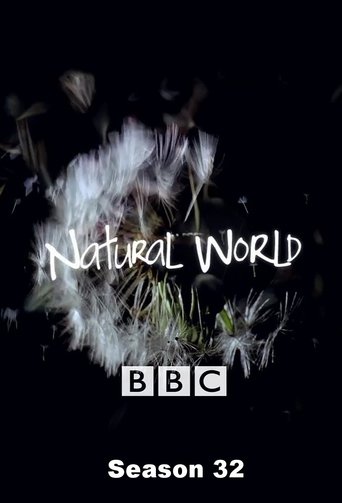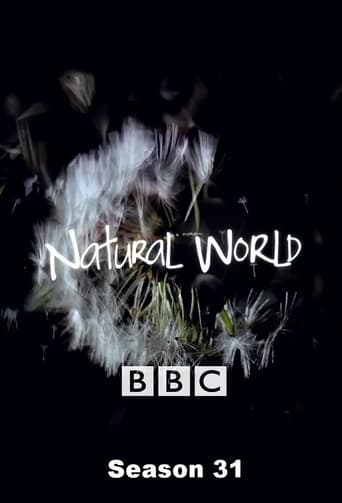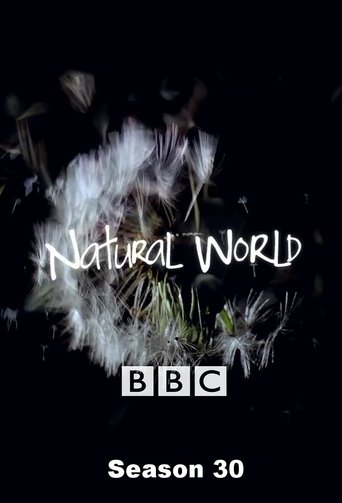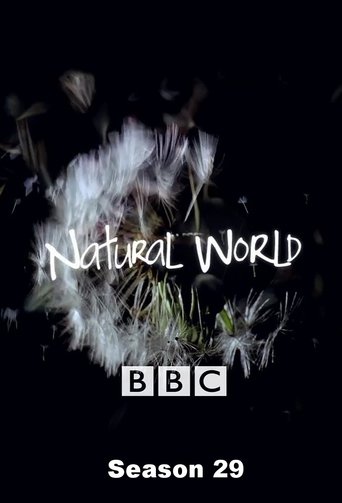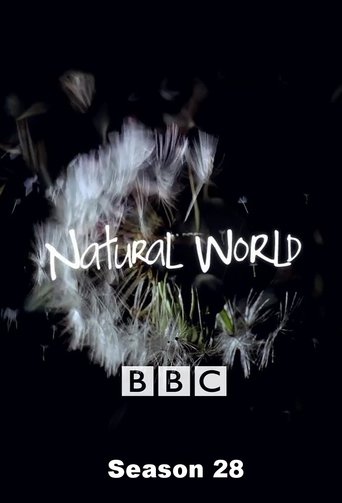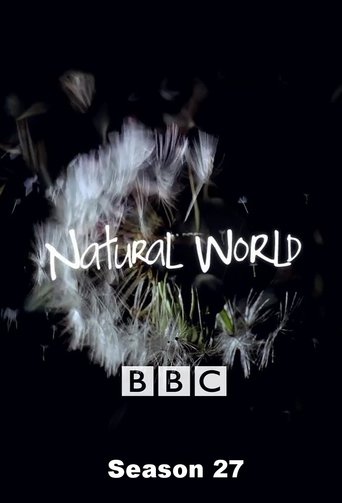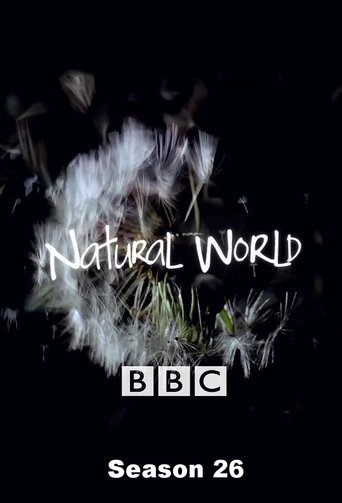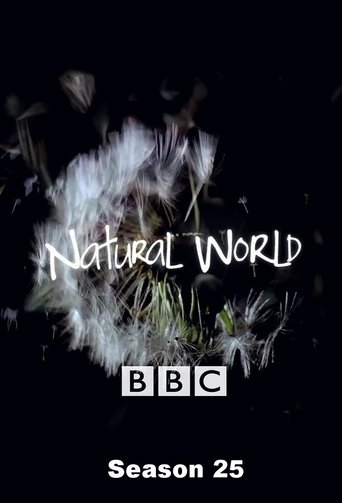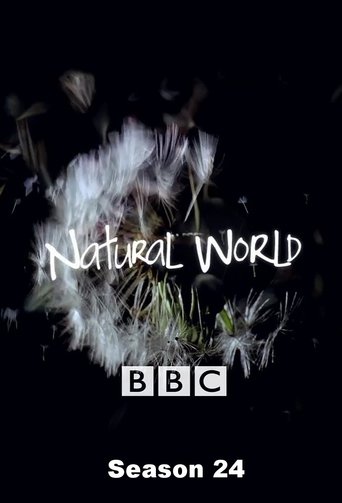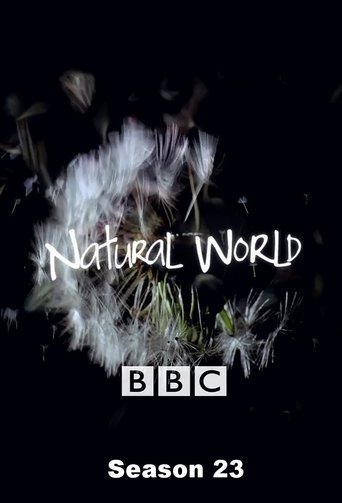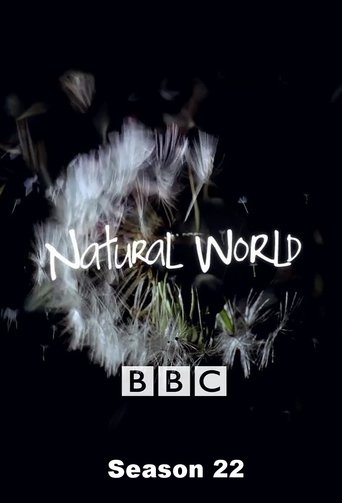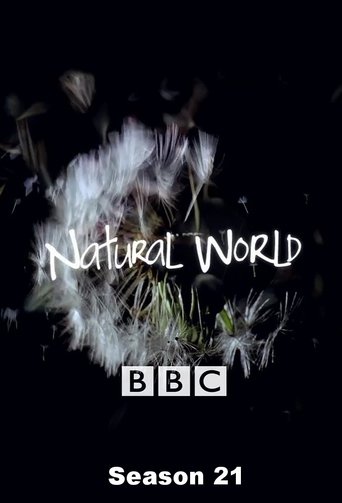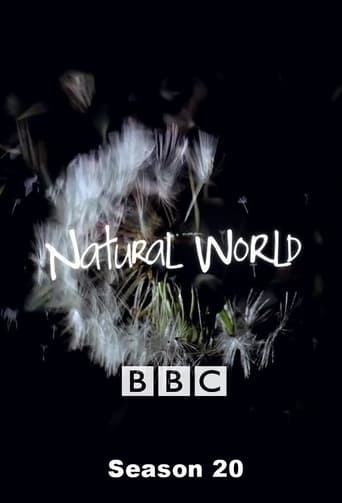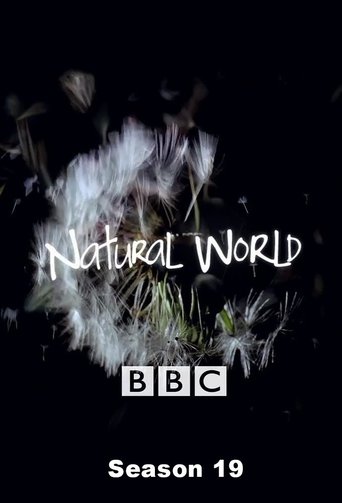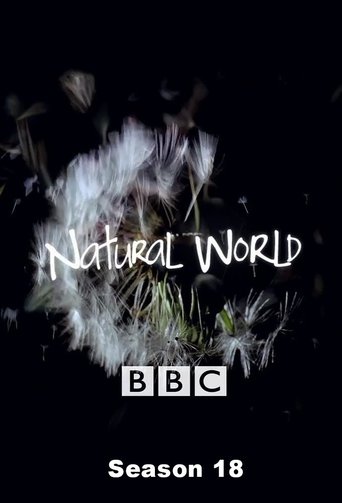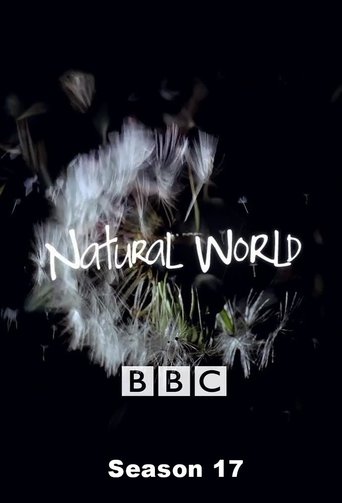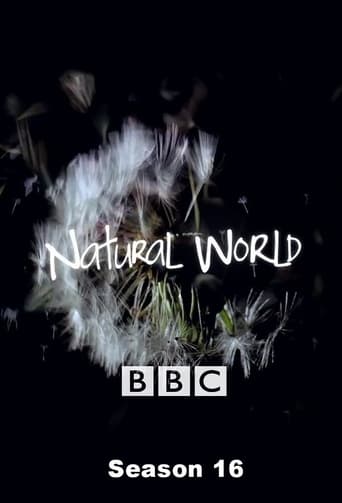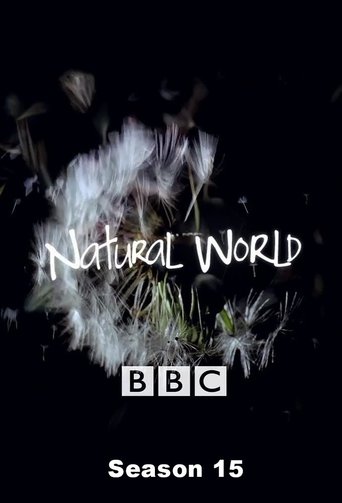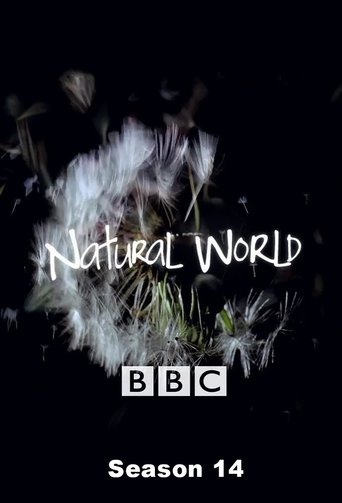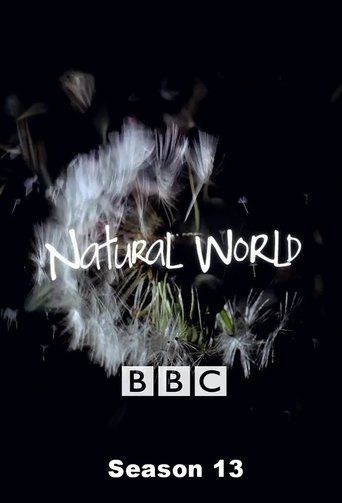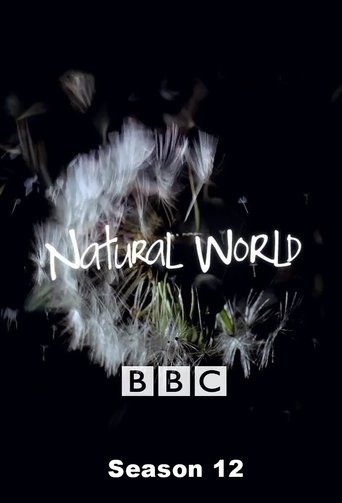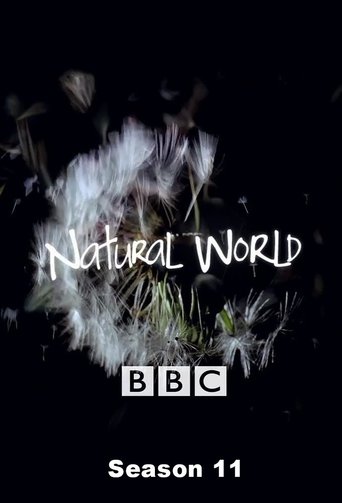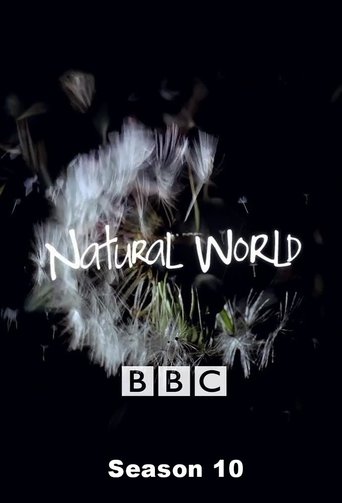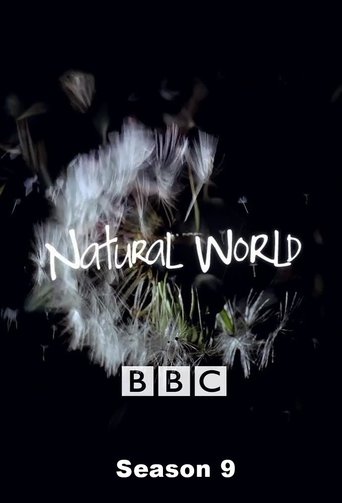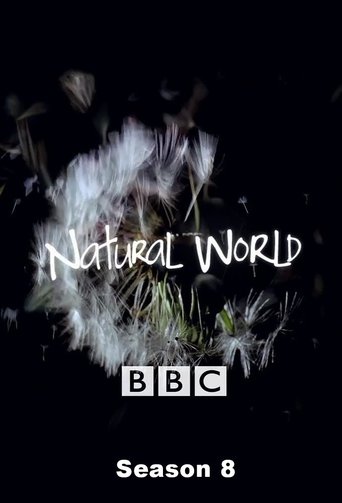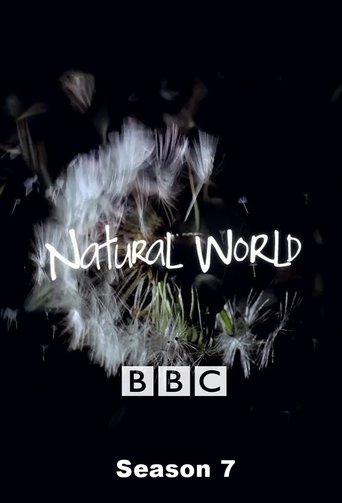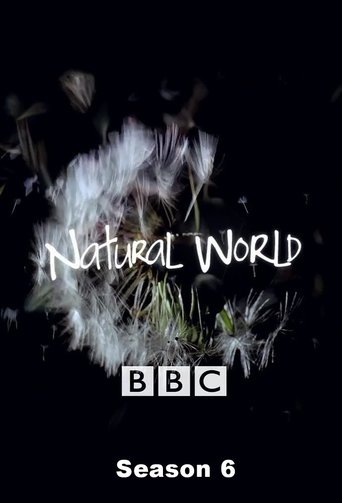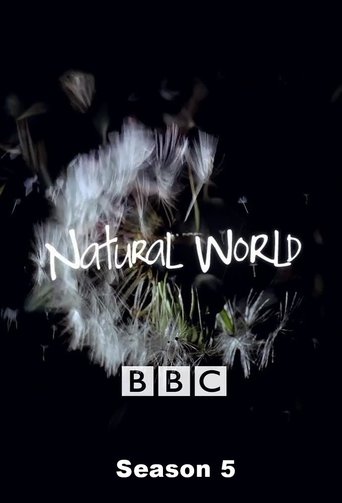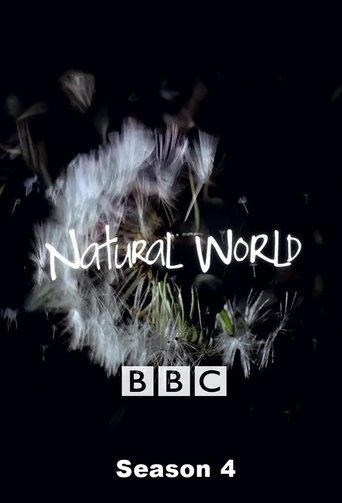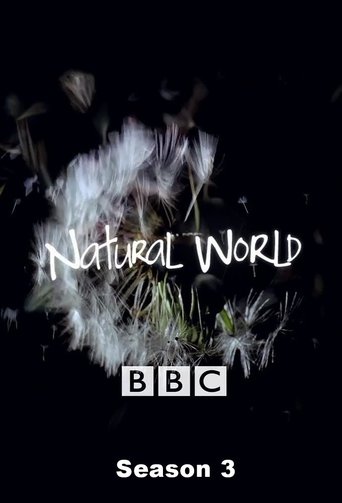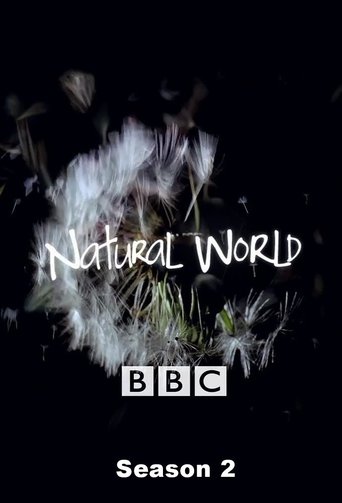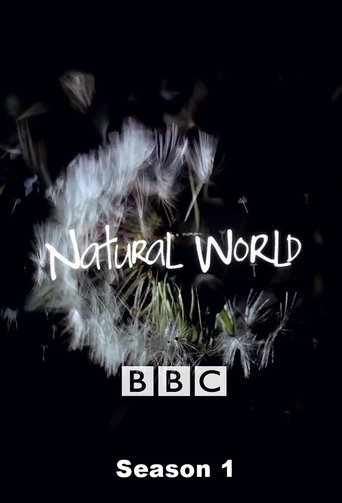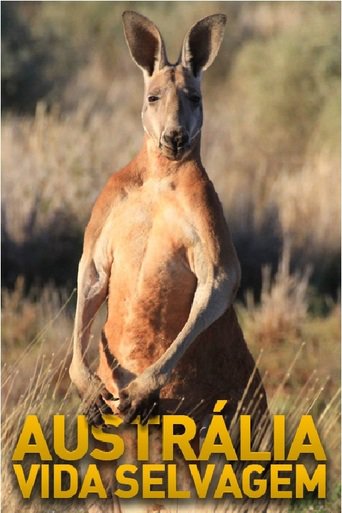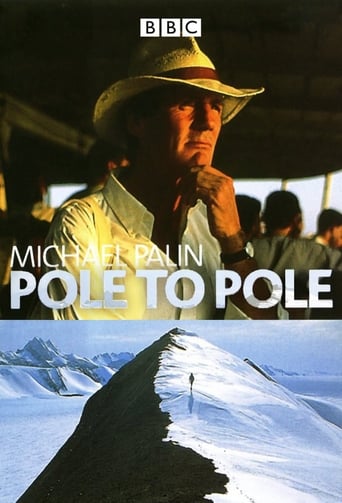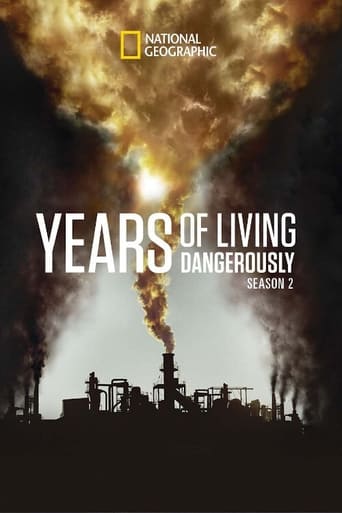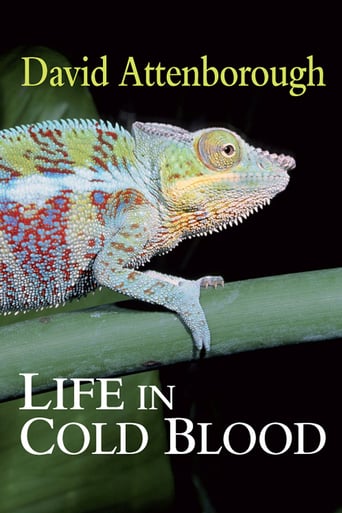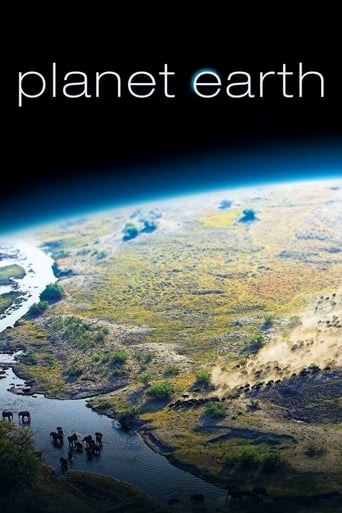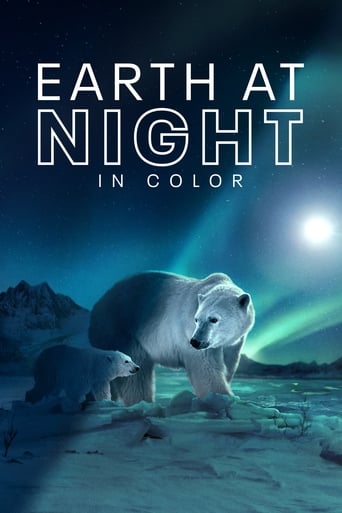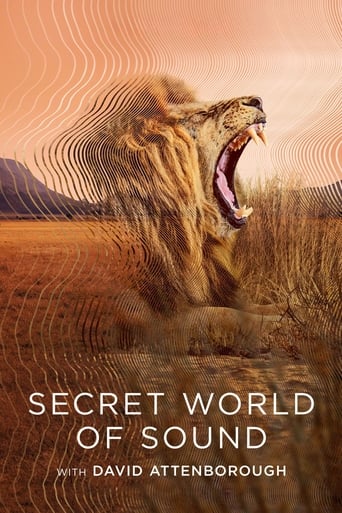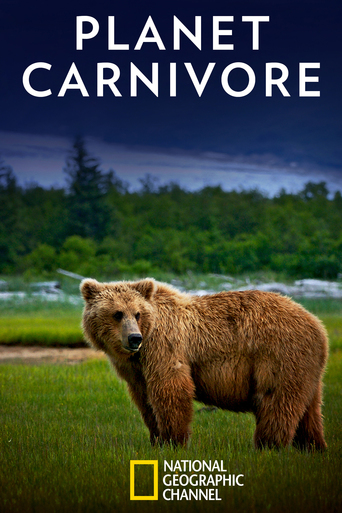Natural World Season 26
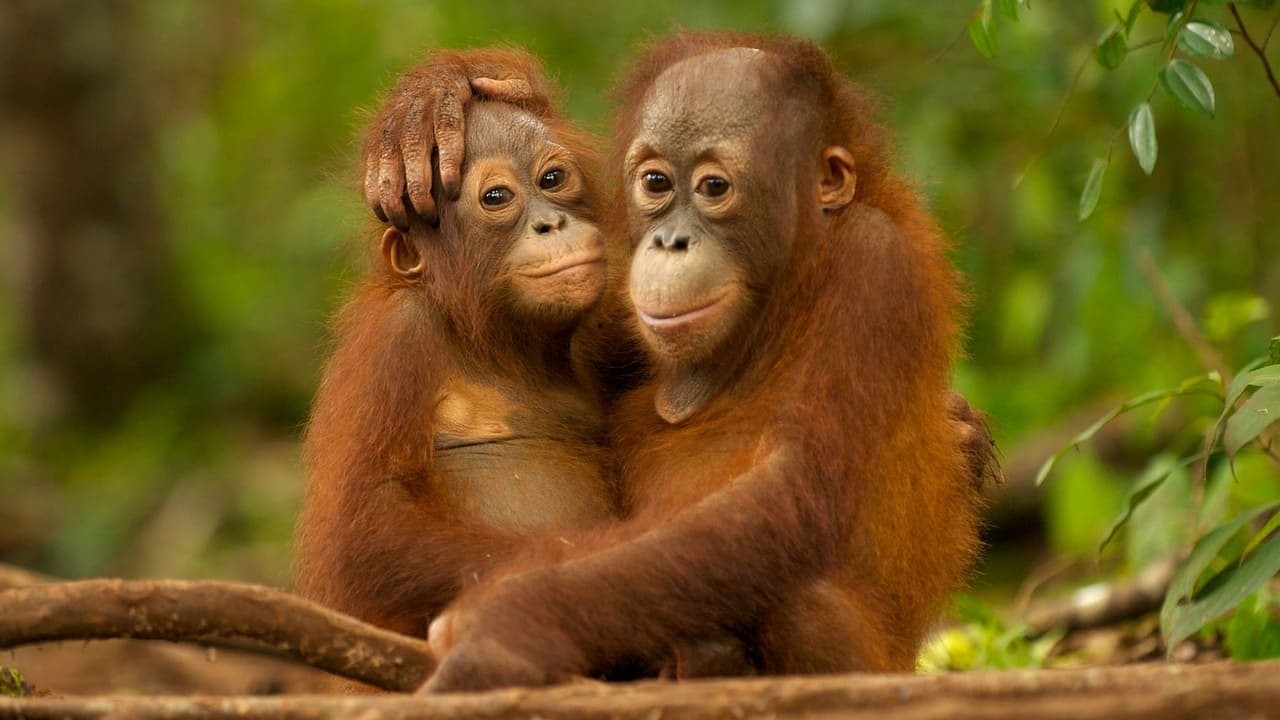
Natural World is a nature documentary television series broadcast annually on BBC Two and regarded by the BBC as its flagship natural history brand. It is currently the longest-running series in its genre on British television, with more than 400 episodes broadcast since its inception in 1983. Natural World is produced by the BBC Natural History Unit in Bristol, but individual programmes can be in-house productions, collaborative productions with other broadcasters or films made and distributed by independent production companies and purchased by the BBC. Natural World programmes are often broadcast as PBS Nature episodes in the USA. Since 2008, most Natural World programmes have been shot and broadcast in high definition.
Watch NowWith 30 Day Free Trial!
Natural World
1983 / TV-PG
Natural World is a nature documentary television series broadcast annually on BBC Two and regarded by the BBC as its flagship natural history brand. It is currently the longest-running series in its genre on British television, with more than 400 episodes broadcast since its inception in 1983. Natural World is produced by the BBC Natural History Unit in Bristol, but individual programmes can be in-house productions, collaborative productions with other broadcasters or films made and distributed by independent production companies and purchased by the BBC. Natural World programmes are often broadcast as PBS Nature episodes in the USA. Since 2008, most Natural World programmes have been shot and broadcast in high definition.
Watch Trailer
With 30 Day Free Trial!
Natural World Season 26 Full Episode Guide
Documentary study of a year in the life of the Wye Valley around the river, and four people who depend on the seasons, river and land, including cider maker Mike, beekeeper Gareth, salmon fisherman Lyndon and sheep farmer Derek. Considers the importance of the weather and seasons on them, and also at some of the wildlife found in the area.
In a region of Africa more often in the news for human suffering and civil war, the state of Gabon is a stable democracy that is devoting itself to protecting wildlife. Over 10% percent of the country's rainforest is protected in a series of national parks that are home to elephants, gorillas, chimps and giant troupes of mandrills.
Many years ago lions thrived in the deserts of Namibia's Skeleton Coast, until they were exterminated by man. Six years ago maverick biologist Flip Stander discovered a tiny remnant population alive and well in nearby mountains, and started to study them. Their numbers have grown and they are now returning to the desert in increasing numbers. But if these lions are to continue roaming here, Flip will have to persuade local people that these lions are worth more alive than dead.
Britain has spectacular colonies of puffins, guillemots, kittiwakes and skuas, but recently many birds have failed to breed. In the summer of 2006, bird expert Roy Dennis travelled in search of answers. He reveals that, as our seas are getting warmer, the sand eels that seabirds depend on are declining. Some seabirds are learning to find new sources of food and, with a bit more protection, Roy believes they can adapt and survive.
For thousands of years, dogs were working animals not just pets, carefully bred to hunt, guard, herd or retrieve. Now these instincts are turning some dogs into problem pets. This film follows a bloodhound called Holly and a bearded collie called Herbie, who both face an uncertain future in rescue homes because they are so out of control. In order to give them a second chance, professional trainers see if they can be put back to work, sniffing out criminals and herding sheep.
Australia's deadly saltwater crocs are making a dramatic comeback. They're spreading in alarming numbers through the billabongs, rivers and beaches of the Northern Territory. Last year, over 300 had to be removed from the harbour of Darwin, the region's capital. Hundreds of cattle are being killed, and most worrying of all, attacks on people are increasing every year, often in places where crocs were previously unknown. Biologist Adam Britton tries to find out why the crocs have suddenly become such a problem
Nature documentary featuring the wildlife of Hawaii's famous surf zone and the surfers and scientists who are fighting to protect it. Turtles, dolphins, monk seals and albatrosses all have to cope with the growing number of people using the island beaches, but now animals face a new threat from washed-up plastic. A varied bunch of island characters, including born-and-bred Hawaiian musician Jack Johnson, make it clear that these beautiful islands have a powerful message for us all.
The Giant Japanese Hornet is the fiercest looking insect on earth, and one of the deadliest. This film follows the remarkable life of one giant hornet queen, as she emerges from hibernation and starts to build up a colony in an old temple garden. Her army of warriors terrorise the beautiful mountain valley in their constant struggle to find food for their hungry grubs. In a series of dramatic pitched battles, the giant hornets massacre thousands of bees, but victory isn't always assured - one local honeybee fights back thanks to a remarkable defensive strategy, and suddenly it is the hornets that are dying. A beekeeper monk bears witness to the rising power of the giant hornet colony, and despite the hornet's attacks on his own bees, he reveals a deep respect for these incredible predators.
Anchorage capital city of Alaska is the wildest city on Earth thanks to its dramatic wildlife. Alongside 260,000 people are up to 1,000 moose, 200 black bears and 60 grizzlies as well as large numbers of beavers, ravens and eagles. Managing this urban menagerie is all in a day's work for rangers Rick and Jesse. They believe that people and large dangerous animals can live in one city and through the groundbreaking Alaska Fish and Game project they're determined to prove it.
The Indian tiger is in deep trouble. Thirty years ago India set aside over 30 tiger reserves controlled by Project Tiger. Initially it was hailed as a great success, but in the last few years hundreds of tigers have been poached from under officials' noses according to WPSI (Wildlife Protection Society of India) run by Belinda Wright. This film, narrated by Sir David Attenborough, looks at the controversy surrounding the plight of the tiger. Can they come back from the brink of extinction again?
Two years ago Simon King made Cheetahs – Fast Track to Freedom a film about his attempt to return two orphaned cheetah cubs to the wild. The film ended tragically with the cub Sambu being killed by lions, but his brother Toki survived. Simon's new film follows the equally dramatic twists and turns of his continuing story.
Free Trial Channels
Seasons


